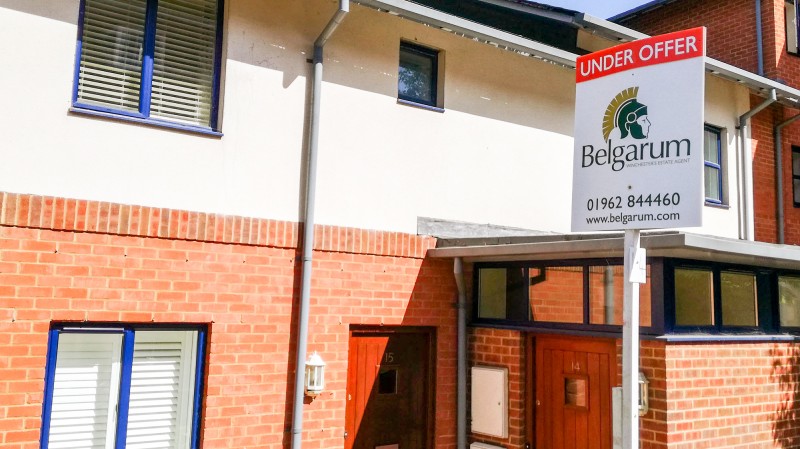You are here: What is a local search and why do I need it?
Are they mandatory?
Yes, your lender will insist on this one because they want to minimise risk as much as possible. The key to doing this is to know as much about the property you want them to lend on as possible.
If you’re a cash buyer, i.e. you don’t need a mortgage, this search isn’t mandatory. But you’d be a fool not to get one… the lenders ask for them for a reason and you should too.

When are they ordered?
These searches should be ordered as soon as you appoint your conveyancing solicitor. One of the first things they will do is ask you for some money on account in order to pay for this and a number of other searches.
They will always order Water and Drainage and Environmental Searches as well as Official Copies from the Land Registry in the earliest stages of the process. They may also recommend that other searches are advisable such as: Flood, Chancel and Mining. Your solicitor is the professional so trust their recommendations, even if you think it’s crazy to do a flood search when you’re on the top of a hill. For more information on any of these searches, have a look at our other articles.
It is common for the local search to be one of the longest to be returned so it is important to get this ordered without delay.
What do they tell you?
They are split in to two parts:
- LLC1
- Con29
LLC1 - AKA the Official Certificate of Search Form
This is the shorter part and will cover tree preservation orders and conservation or listed building status. So, if you are thinking of making alterations to the property and the garden, make sure you read this bit carefully.
Con29 – AKA Enquiries of the Local Authority Form
This will give you a list of the planning applications relevant to the property, building control history, any enforcement action, restriction on permitted development, nearby road schemes and contaminated land. It’s also worth paying attention to this if you’re looking to make changes to the footprint because you will be able to see what has been applied for previously and whether it was accepted or rejected.
Are there different types?
Yes, one that is produced by the local authority themselves and one that is provided by a specialist search company who make the necessary enquiries of the local authority.
Council Searches
These used to be called Official Searches and are provided by the Local Authority, carried out by their employees. They vary in price and turnaround time as each authority sets its own pricing and processes. Some are more automated than others. Once the search process is complete the document is sent to your solicitor.
Regulated Searches
Previously called Personal Searches, these are undertaken by specialist search companies registered with the Property Codes Compliance Board (PCCB) ensuring a consistent quality level. They also have run off insurance cover, so they’re covered even if the company goes bust, and a redress scheme: The Property Ombudsman.
What do they cost?
This depends on the location of your house and whether you’re buying a council or a regulated search. The price of Council Searches can vary wildly. At the time of writing there are 343 local authorities in England and Wales and costs range from £30 to £300. If your solicitor is ordering a Regulated Search (see above) the price is more likely to be fixed because the companies providing these are national and they have more control over the pricing.
How long do they last?
Like many of the other searches these have a time limit of 6 months. A lot can change in a short space of time with property so it’s important that the information you have about the house you’re buying is up to date. Your conveyancer will let you know if the search is coming close to expiry but hopefully, because the average conveyance takes about three months, you should be ok.
If you are thinking of buying or selling your home, you may find some of these services useful:
Conveyancing
Get instant estimates from Conveyancers and Solicitors in your local area
Mortgage Brokers
I need help getting a mortgage
Estate Agent
Find a local Estate Agent
Valuation Surveys
If you need a Valuation Survey
Building Surveys
I want a local surveyor to do a Building Survey for me
Removals
I want to find a removal company
Energy Performance Certificate
Energy Performance Certificates